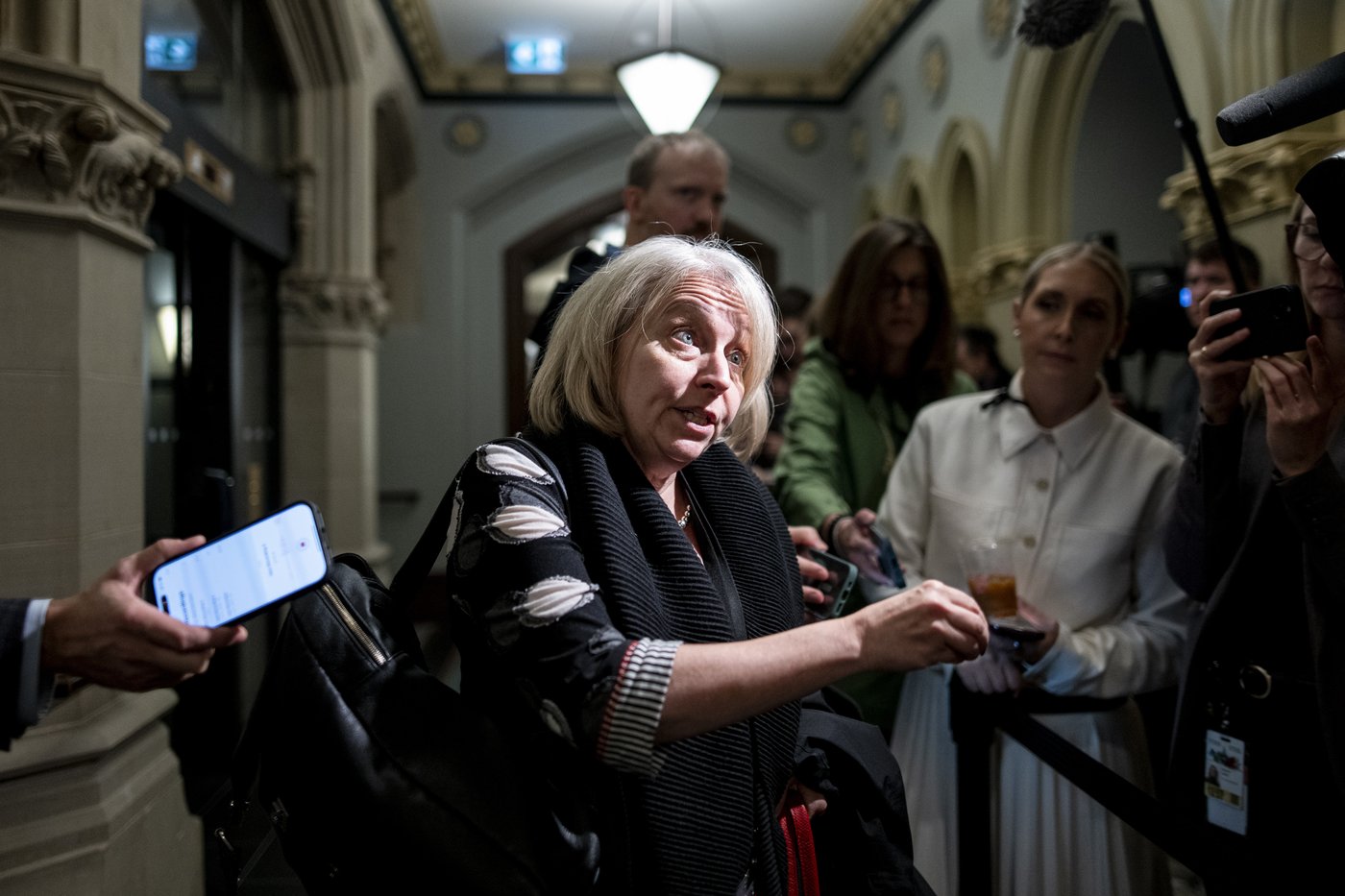Elevate your local knowledge
Sign up for the iNFOnews newsletter today!
Sign up for the iNFOnews newsletter today!
Selecting your primary region ensures you get the stories that matter to you first.

OTTAWA — Prime Minister Mark Carney’s national security adviser says India has “absolutely” committed to co-operating and sharing information with Canadian police for ongoing investigations.
“They realize that — and the same thing on our side — by sharing information we will have safer streets in Canada,” Drouin told reporters Thursday outside the cabinet room on Parliament Hill.
She described the meeting as “very productive,” where both sides “re-established a channel of communication to talk about respective concerns.”
Her comments largely echo a statement she put out last Friday.
Drouin also said there are plans for Foreign Affairs Minister Anita Anand to visit India.
Drouin travelled to India last week and met on Sept. 18 with Ajit Doval, New Delhi’s national security adviser, to talk about mutual security issues and transnational repression.
In her written statement issued last Friday, Drouin said she and Doval “committed to non-interference, including refraining from transnational repression.”
India’s new high commissioner to Canada officially started his new job in Ottawa on Wednesday.
Relations between Canada and India have been strained since then-prime minister Justin Trudeau told the House of Commons that Canada had “credible” evidence indicating New Delhi played a role in the June 2023 assassination of a Sikh activist near Vancouver.
In October 2024, the relationship fractured further when the RCMP said it had strong evidence linking a campaign of violence and intimidation targeting Canadians to the “highest levels” of the Indian government.
Canada subsequently expelled six Indian diplomats, including the high commissioner, and India responded by expelling the same number of Canadians.
India has claimed that Canada is allowing Sikh extremists to issue threats and commit acts of violence in both countries and accuses Ottawa of not doing enough to stop a repeat of the 1984 Air India bombing.
The chill began to lift slightly in June when Prime Minister Mark Carney invited Indian Prime Minister Narendra Modi to the G7 summit in Alberta and both countries agreed to restore their top diplomats.
Sikh diaspora groups have called for caution in Canada’s approach to India, with some expressing alarm at the prospect of Ottawa sharing law-enforcement information with New Delhi.
Asked to respond to those concerns Thursday, Drouin said both countries are on the same page.
“We have a common understanding and a common goal here. They want us to be very clear in terms of the One India, and the respect of the integrity of their territory, and what we want are safer streets in Canada,” she said.
“We have found a way, as I said, to address mutual concerns, and for leaders to be able to talk about (the) trade relationship.”
Global Affairs Canada deputy minister David Morrison, the top bureaucrat in the foreign service, was also in New Delhi earlier this month for meetings with senior officials.
In a statement last Friday, India’s foreign ministry said both countries have “decided to constructively address capacity-related issues at their respective missions and consulates.”
It said Carney and Modi are committed to restoring “stability in the relationship” and pursuing “a constructive and balanced partnership.”
To that end, it said, both countries will “reactivate” discussions on “trade, defence, energy, civil nuclear, security and law enforcement, critical minerals, space, science and technology, and agriculture.”
This report by The Canadian Press was first published Sept. 25, 2025.
This site is protected by reCAPTCHA and the Google Privacy Policy and Terms of Service apply.
Want to share your thoughts, add context, or connect with others in your community?
You must be logged in to post a comment.